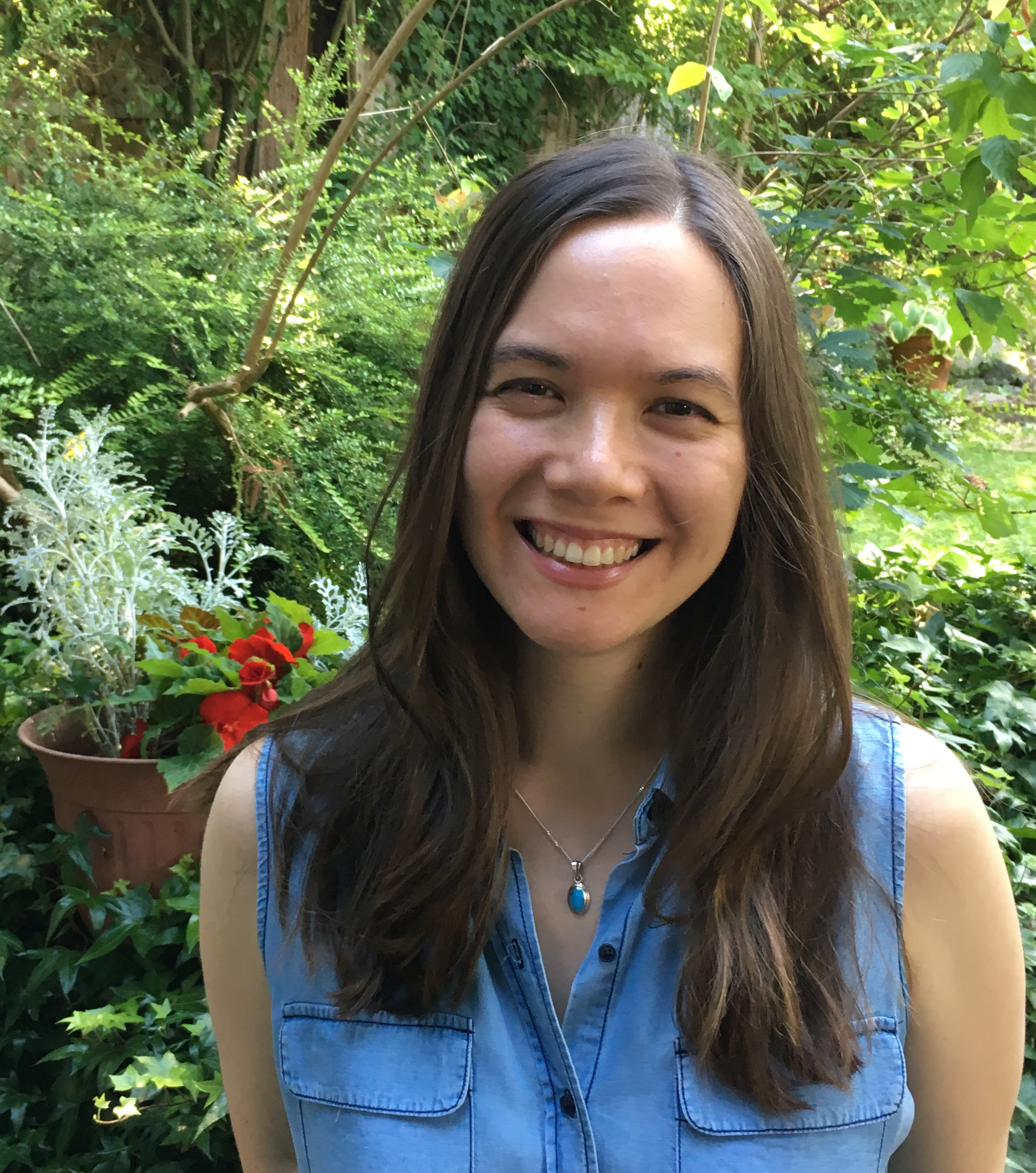Professors Pilar Riaño-Alcalá of the Social Justice Institute (GRSJ) and Erin Baines of the School of Social Policy and Global Affairs (SSPGA) are the recipients of a five years SSHRC Partnership Grant to advance their work with the Transformative Memory International Network (TMIN). The TMIN is a collective of scholars, artists, and activists from Canada, Colombia, Indonesia, Peru, Northern Ireland and Uganda. The partnership project will support the work of 14 university and community-based partners and over 45 co-applicants and survivor communities.
Memories of mass violence can be wielded by powerful actors to impose a particular view of history, but they can also be employed by those left out of the historical record to challenge dominant narratives. We conceptualize the transformative potential of memory as a dynamic and fluid process that disrupts the status quo and activates social change through an insistence on accountability and assumption of collective responsibility. As a form of labour, memory is situated in the complex, lived experiences of persons silenced in official narratives, and a means through which alternative ways of living together in the present and future are imagined.
Our work aims to create opportunities to rethink and experience the purpose and process of memory in a variety of contexts of past and ongoing violence, contesting dominant and state narratives. The goal is to center memory as a methodology, a practice, and a means to activate processes of accountability, responsibility, ways of being together, and systems change in the face of conflict, genocide, settler colonialism or the afterlives of slave plantation and ongoing forms of subjugation.
The partnership and the methodology of memory that underpins our work build on two knowledge exchanges in Uganda (2019) and Colombia (2020) and a MemoLab in Northern Ireland (2022). Through these exchanges, the TMIN developed an innovative methodology of place-based, reciprocal and relational learning and research creation across Indigenous, Black, and Southern based knowledge systems to engage with diverse historical and geo-political contexts. Harnessing such innovative approaches, the TMIN will drive and support new ways of conceptualizing memory, recognizing its possibility in relation to the work of tens of thousands of social movements, land defenders and survivors associated with our community-based partners.


Poster Art created by Indonesian artist and TMIN member Alit Ambara during a knowledge Exchange in Uganda as his artistic reflection of his visit to Women’s Advocacy Network in Gulu, Uganda


